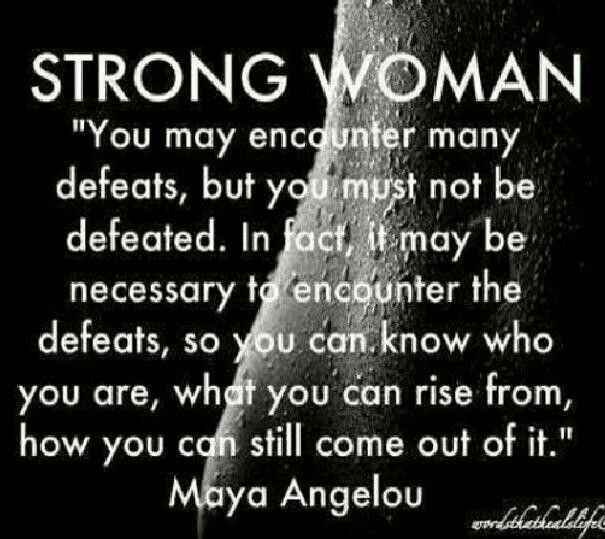
By specifically talking about the “meeting of thighs” Angelou gives the ultimate defiance of a woman she owns and loves every part of herself, and rises up, dazzling and sexy. Another phrase that gives a great symbol bash to all of that is “Does it come as a surprise/ That I dance/ Like I’ve got diamonds/ At the meeting of my thighs?” This gives me goosebumps every time I read it. This is something that Maya Angelou overcame in her own life, and she speaks with such inspiring strength here. It seems to overcome sexism and the oppression of women in particular. The recurring questions in the piece are brilliantly provocative: “Does my sassiness upset you?” “Does my haughtiness offend you?” and “Does my sexiness offend you?” she asks. The dust rising, for me, delivers the image of a ghost - perhaps even the ghosts of slaves - that no oppressor or murderer can escape. This idea, coupled with the soulful rhythm, creates a palpable atmosphere of unstoppable defiance. In the first stanza, Angelou writes that although she may be trod into the very dirt, she will still rise like dust (“like dust, I’ll rise”).

Still I rise contains so many images that I love. I am the dream and the hope of the slave. ”I am a human being, nothing human can be alien to me.Bringing the gifts that my ancestors gave, So you can internalize, “ Homo sum, humani nihil a me alienum puto”: If you can do that about the negative, just think what you can do about the positive! If a human being dreams a great dream, dares to love somebody, if a human being dares to be Martin Luther King, or Mahatma Gandhi, Mother Theresa or Malcolm X, if a human being dares to be bigger than the condition into which he or she was born, it means so can you.Īnd so, you can try to stretch. ”If you can internalize at least a portion of that, you will never be able to say of an act, of a criminal act, ‘Well I couldn’t do that.’ No matter how heinous the crime, if a human being did it you have to say ‘I have in me all the components that are in her, or in him I intend to use my energies constructively, as opposed to destructively.’ Maya Angelou explains her understanding of that quote, attributed to Terentius Afer: Later to be freed, Terentius went on to write great theatre plays, and that quote about humanity: “Homo sum, humani nihil a me alienum puto”. Nothing human can be alien to me” which she has borrowed from Terentius Afer, an African enslaved by the Romans around 150 BC. Maya Angelou is an American poet and civil rights activist, born in 1928 whose poetry is famous for its inspiration and is considered one of the great. In an interview from 2017, Maya Angelou explains that at core of her lessons she has always had the saying: “I am a human being. Over the years, Angelou has taught a variety of humanities courses, including “World Poetry in Dramatic Performance,” “Race, Politics and Literature,” “African Culture and Impact on U.S.,” “Race in the Southern Experience” and “Shakespeare and the Human Condition.” While one may encounter many defeats, one must not be defeated,” Angelou said. “All my work, my life, everything I do is about survival, not just bare, awful, plodding survival, but survival with grace and faith. Angelou, every class was ‘Being Human 101’” noted one of her students. Throughout her career, Maya Angelou has always talked about the human condition. “For nearly a year, I sopped around the house, the store, the school, and the church,” she writes in the 1969 memoir, “like an old biscuit, dirty and inedible.” Little Maya was depressed and withdrawn, but she remained an avid reader who loved literature thanks to her visits to the local library.

So, despite having a loving family around her, young Maya was left to deal with the trauma on her own. That’s how they dealt with the traumatic incident. Maya Angelou’s family chose never to speak of the rape and subsequent murder. And then I thought I would never speak again, because my voice would kill anyone.”

“I thought, my voice killed him,” Maya Angelou wrote in her first autobiography, I Know Why the Caged Bird Sings, “I killed that man because I told his name. Consequently, little Maya simply stopped speaking. After his release, he was beaten to death. Her rapist was found guilty but spent only a single day in jail. At the age of eight, she was sexually abused.

Despite her extraordinary gift of expressing relatable emotions through language, Angelou did not speak for five years when she was a child.


 0 kommentar(er)
0 kommentar(er)
